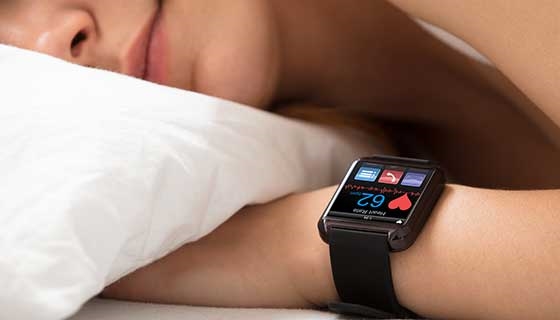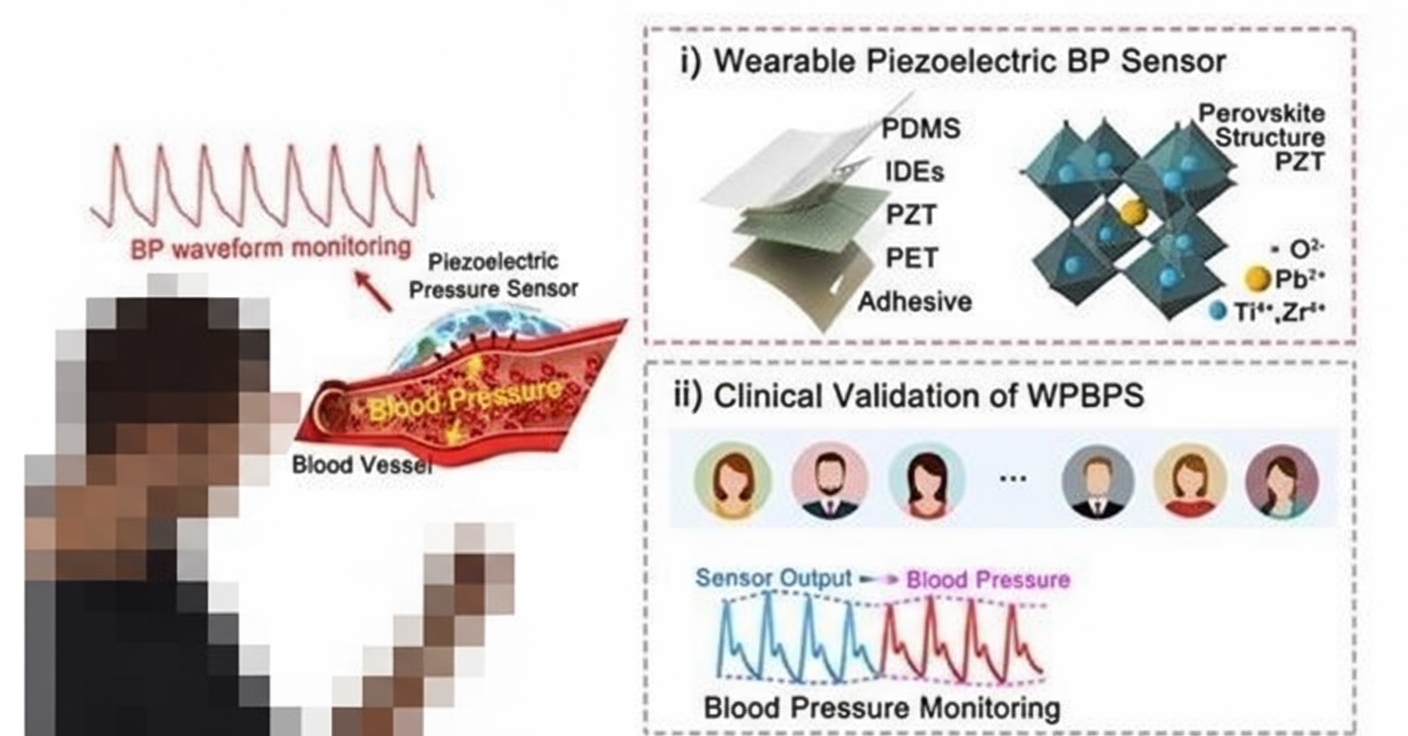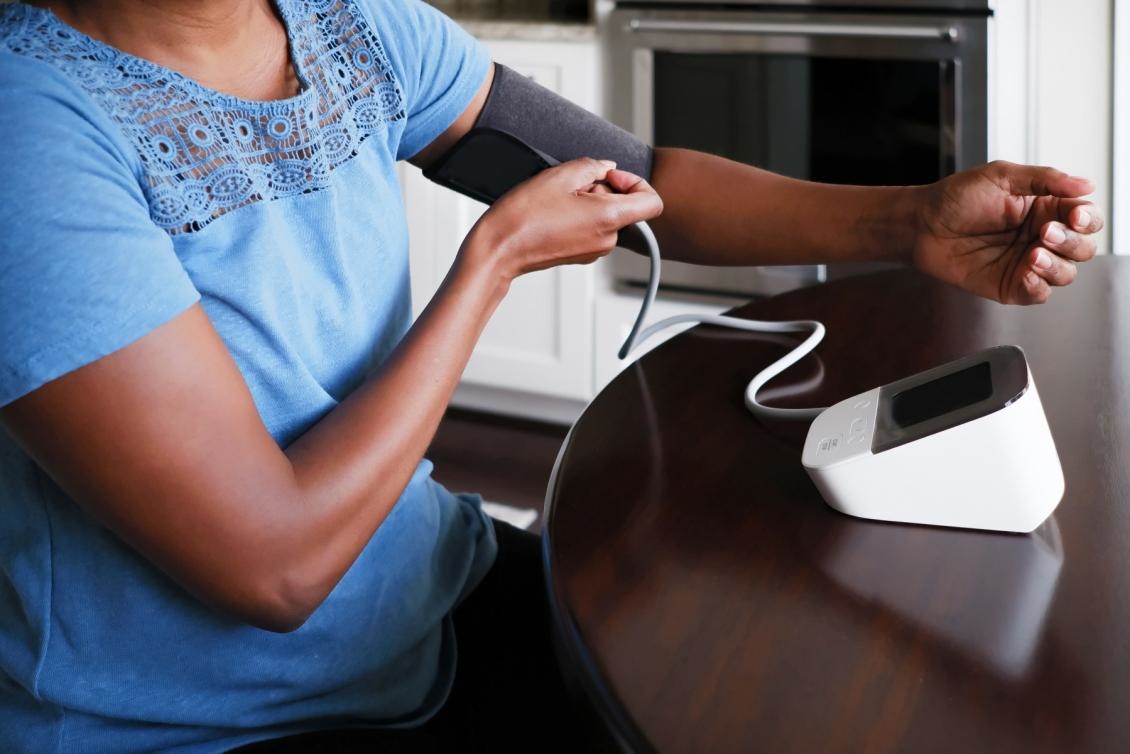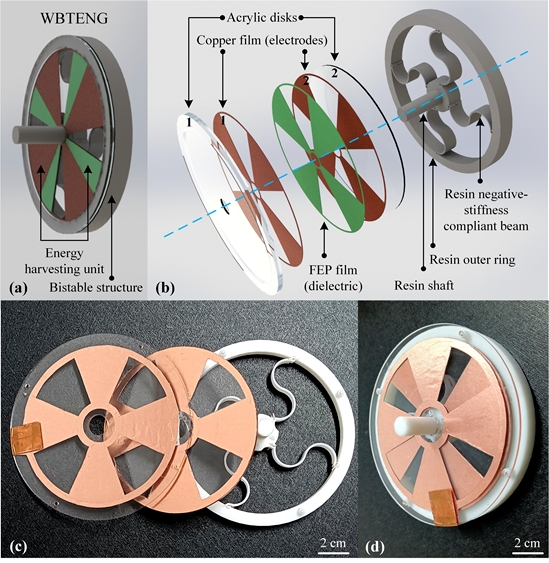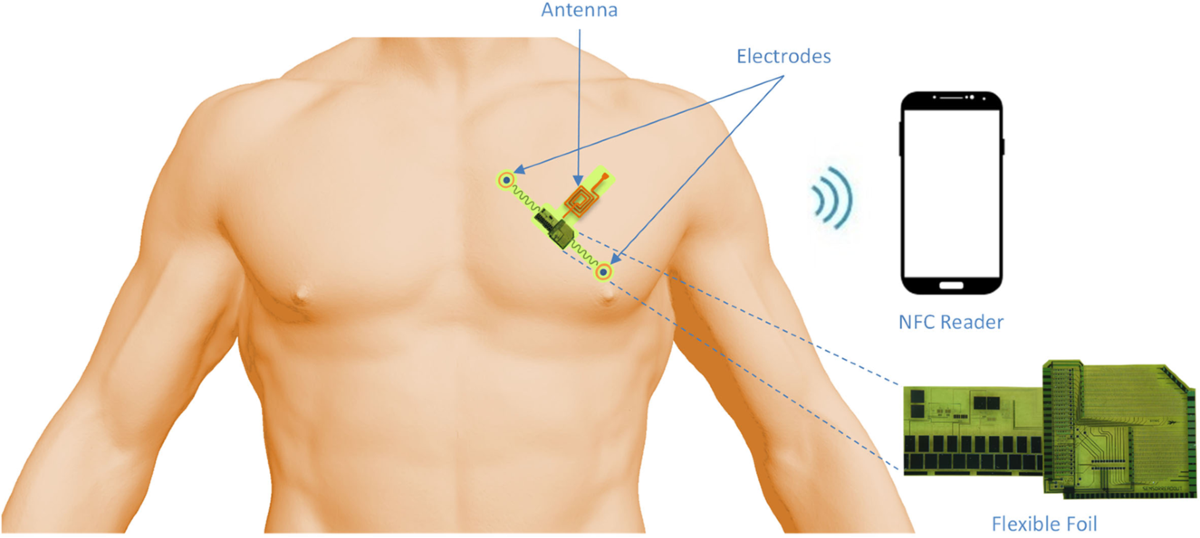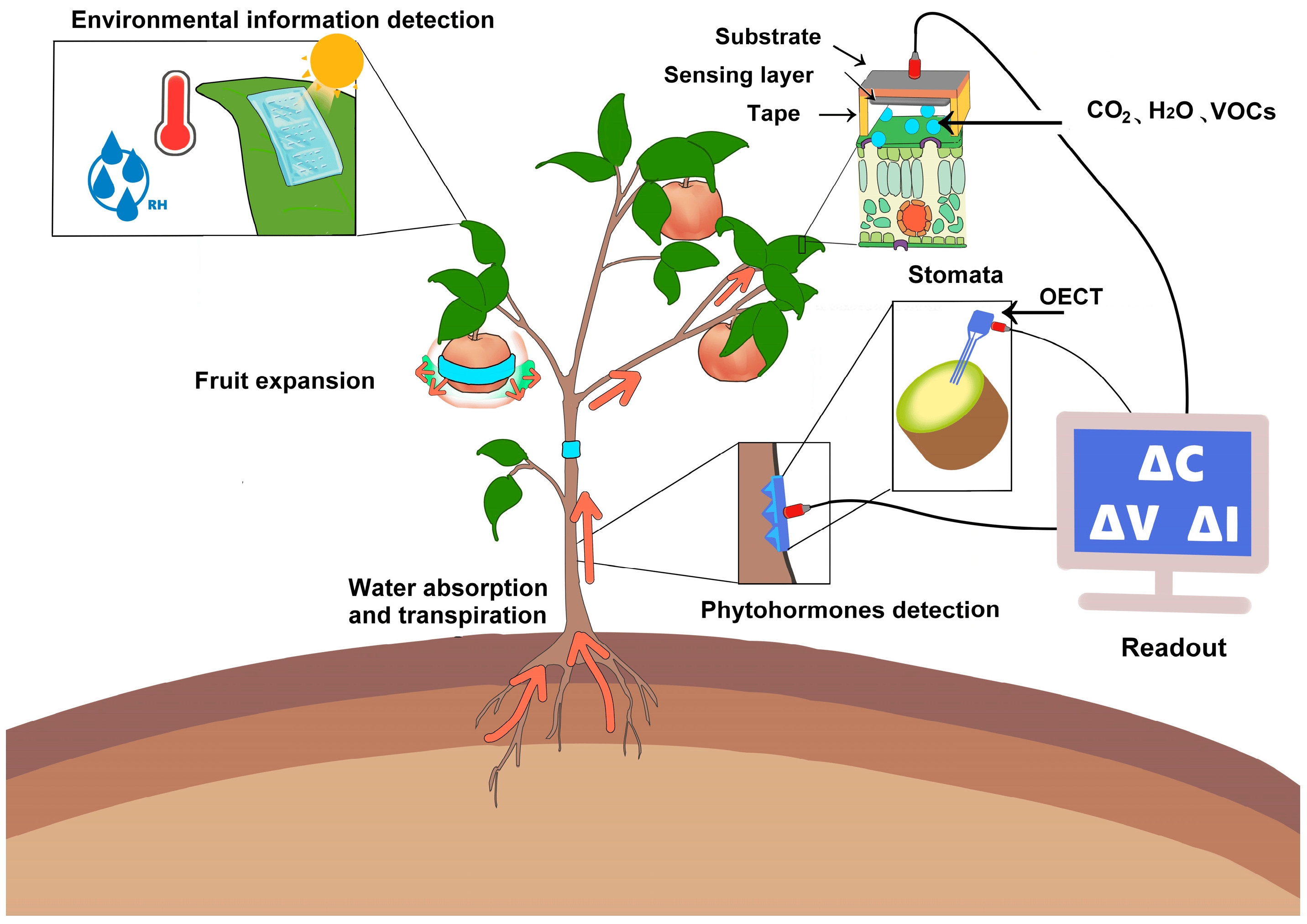Apple is developing specialized chips for its upcoming smart glasses and AI servers, according to sources familiar with the project.
Smart Glasses Processor Development
Apple has made progress in creating a dedicated processor for its smart glasses, signaling accelerated development to compete with Meta Platforms' popular Ray-Ban smart glasses. The processor is based on the low-power architecture of Apple Watch chips, consuming less energy than components in iPhones, iPads, and Macs. Customized modifications, including the removal of certain components, further enhance energy efficiency.
The chip includes a multi-camera control system tailored for the imaging module in the glasses. Apple plans to begin mass production of this processor by late 2026 or 2027, suggesting that the smart glasses could launch within the next two years if development proceeds smoothly.
AI Server Chip Initiative
Apple is also investing in AI server chips under the codename Baltra, with completion expected by 2027. These chips will handle remote processing for Apple Intelligence requests and transmit data to user devices. Currently, Apple uses chips equivalent to those in high-end Macs for these tasks.
The company is exploring chip variants with computing and graphics cores that are two, four, or even eight times more powerful than the current M3 Ultra chip. These advancements aim to significantly boost the speed and capabilities of Apple¡¯s AI services, helping the company keep pace with competitors in the AI market.
Apple¡¯s Existing Chip Portfolio
Apple has developed several chip types for its ecosystem:
- A-series chips: Power iPhones and iPads with robust CPU, GPU, and neural engines, supporting AI, machine learning, photography, gaming, and augmented reality tasks.
- M-series chips: Designed for Macs, featuring multi-core CPUs and GPUs with a unified memory architecture, ideal for professional video editing and 3D rendering.
- S-series chips: Low-power co-processors for Apple Watch, handling motion data and health monitoring with excellent battery life.
- R-series chips: Used in HomePod and HomePod mini, optimized for audio processing and local Siri computations, delivering high-quality sound and smart features.
- T-series chips: Security co-processors for Macs, managing Touch ID, encrypted storage, and secure boot processes to ensure robust device security.
 ALLPCB
ALLPCB


